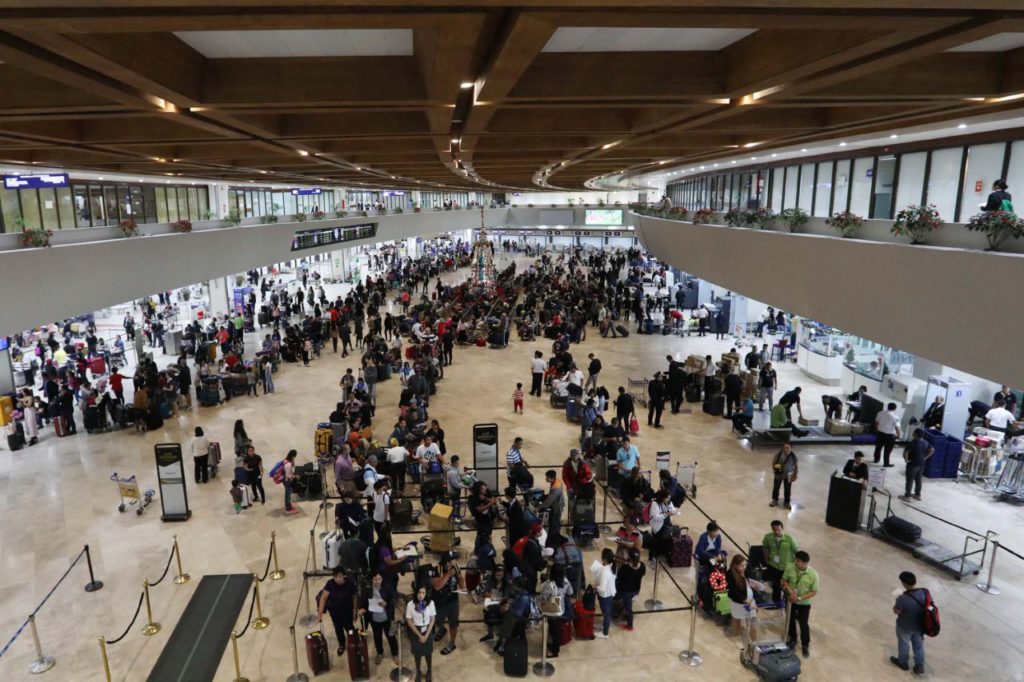News
Travel ban from Oman, UAE imposed; India, subcontinent extended

MANILA – President Rodrigo Duterte has extended the prohibition of entry of travelers from India and four other nations that are part of the Indian subcontinent until May 31, Malacañang announced on Friday.
The extended travel ban covers India, Pakistan, Nepal, Bangladesh, and Sri Lanka, Presidential Spokesperson Harry Roque said in a press statement.
“All existing travel restrictions of passengers coming from India, Pakistan, Nepal, Bangladesh, and Sri Lanka are extended until 2359H of May 31, 2021,” Roque said.
The Philippines initially imposed travel restrictions on passengers from India and four other countries until May 14 to prevent the entry of the new “double mutant” coronavirus disease 2019 (Covid-19) variant that is responsible for New Delhi’s worst coronavirus outbreak.
The Covid-19 variant first detected in India carries two mutations, E484Q and L425R.
Experts say the E484Q mutation is similar to the E484K mutation or the “escape mutation” which helps the virus gets past the body’s immune system, while L452R is found to be an efficient spreader of the virus.
The Philippines has reported two cases of India’s “double mutant” B.1.617 variant.
One of the two Covid-19 patients is a 37-year-old overseas Filipino worker from Oman, while the other one is a 58-year-old OFW from the United Arab Emirates (UAE). They have already recovered from the disease.
Roque said the government has also decided to expand the coverage of the travel ban by including Oman and UAE.
“All travelers coming from Oman and the United Arab Emirates (UAE) or those with travel history to these two countries within the 14 days preceding arrival shall be prohibited from entering the Philippines beginning 0001H of May 15, 2021 until 2359H of May 31, 2021,” he said.
This developed following the recommendation of the Department of Health and the Department of Foreign Affairs, Roque said.
He said passengers from Oman and UAE who are already in transit and arrive before May 15 will not be subject to the travel restrictions.
However, they are required to undergo stricter quarantine and testing protocols by observing a 14-day facility-based quarantine period upon arrival and ensuring they get a negative reverse transcription-polymerase chain reaction (RT-PCR) result, Roque said.
“The Department of Transportation should ensure that airlines are directed not to allow the boarding of passengers who are prohibited from entering the country pursuant to travel restrictions imposed by the Office of the President and IATF resolutions except if they are part of the repatriation efforts of the national government,” he said.





















